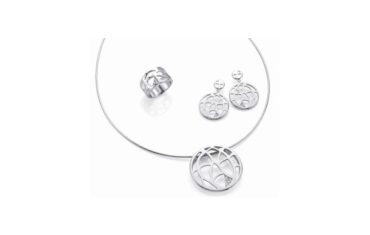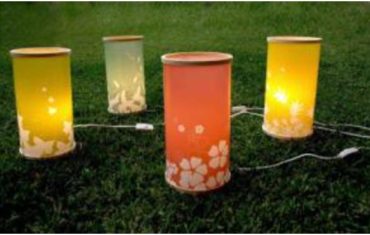It’s looking like it will be a bumper Christmas for retailers, with figures indicating consumers will spend over $48.1 billion in stores during the festive period, which is 2.3 per cent more than last year.
Australian Retailers Association (ARA) executive director Russell Zimmerman says he is optimistic about the upcoming retail trading period.
“We have been seeing sales trending up and are hopeful as Christmas approaches to see robust sales over the period, with particular categories expected to go gangbusters,” he says.
“We know clothing, accessories and footwear have been strong in recent months, and I expect this to continue as Christmas is just the time to gift that new bag or pair of shoes.”
The ARA and Roy Morgan Research collaborated to compile the projected spending figures taking factors such as consumer sentiment and unemployment into consideration.
“In light of the economic pressures faced by the mining states, the stationary growth figures of Western Australia and the Northern Territory are not surprising, though we are hopeful of improvements in subsequent months,” says Zimmerman.
“Growth was varied among the retail categories, with a predicted figure of -0.1 per cent for department stores reflecting the most significant downturn in the projections. This negative growth figure appears to reflect the trading difficulties experienced by Target and Big W as they restructure, though our broader retail trade figures expect a positive upward trend for the segment in future.
“On the other end of the spectrum, it is encouraging to see a 5.7 per cent growth rate predicted for the hospitality category, a strong uptick as Australians are expected to ramp up patronage to restaurants, bars and fast-food retailers in the festive season.
“Traditionally, the biggest shopping period of the year is the week before Christmas, though many Australians are set to cross off their Christmas lists early and hit the shops from mid-November when we see sales start to increase,” he concludes.
By Marion Gerritsen







